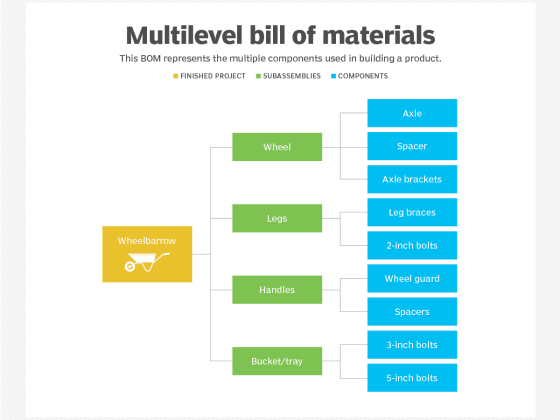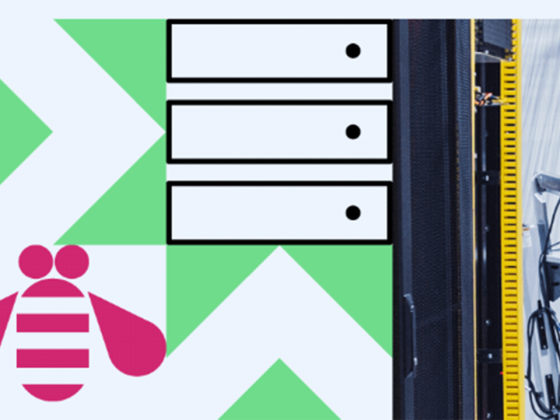The next major release of VMware Tanzu Application Service is here. Tanzu Application Service is a modern application platform that enables enterprises to continuously deliver and run microservices across clouds, providing their application development teams with an automated path to production for custom code, while offering their operations teams a secure, highly available runtime.
At this year’s VMware Explore, we pre-announced new capabilities that will be released in Tanzu Application Service 3.0 that are designed to enhance the overall experience for developers and operators on the platform.
From our partners:
As promised, here is the fully expanded key feature list included in Tanzu Application Service 3.0.
Developer-focused features
- Apps Manager search improvements – Developers and operators can now search for specific users within Apps Manager. This could dramatically reduce the time spent searching for specific user accounts in large organizational structures.
- Shared routes between spaces – In an effort to enable zero downtime application migrations between spaces, developers can now create shared routes that are visible across Cloud Foundry spaces. Applications can be redeployed and attached to the shared route to migrate an application from one space to another in the event of organizational or team responsibility change.
- Apple M1 architecture support for CLI – The Cloud Foundry CLI has been updated to support the native M1 architecture. This can help developers minimize the impact on their developer experience as they move to new workstations.
- Step-up autoscaling in Apps Manager – In Tanzu Application Service 2.13, we released step-up autoscaling within the Cloud Foundry CLI, but now in 3.0 it is also available for consumption within Apps Manager. This will further enhance the developer experience as scaling up or down by any number of instances will be visible and accessible with the GUI.
- Best practices documentation for Autoscaler – In efforts to improve the overall developer experience with App Autoscaler, best practices documentation has been generated to help organizations make informed decisions on configuring App Autoscaler, creating and managing scaling rules for applications, and troubleshooting failures.
- Integrated Windows Authentication support for .NET Core buildpack – The .Net Core buildpack has been updated to support the use of Integrated Windows Authentication (IWA). This enables the platform to become a viable application runtime for .Net Core applications making use of IWA. Developers should consider moving these applications to Tanzu Application Service to make use of the many application runtime benefits versus their legacy infrastructure solutions.
- cloudfoundry/cflinuxfs4 support now in beta – Developers now have the ability to deploy applications using the cflinuxfs4 root filesystem with Java, Node, and .Net Core buildpacks. The introduction of this new stack will allow developers to migrate existing applications currently using the cflinuxfs3 stack within the platform. We are releasing this feature in beta status now to allow developers and platform teams more time to perform testing around the cflinuxfs3 to cflinuxfs4 migration, as the cflinuxfs3 stack will eventually go end of support in coordination with the Ubuntu Bionic operating system. Please remember that application restarts are required for the new stack to be applied.
- Fair CPU entitlement – When enabled, this feature can prevent noisy applications from taking CPU shares from other applications. Developers and operators can rest easy knowing that CPU shares will be enforced across all applications to help attain consistent CPU performance.
Operator-focused features
- New versioning format – The Tanzu Application Service team has adopted a Major.Minor.Patch+Metadata version format to more clearly communicate the level of change that goes into each release, enabling more flexibility for customer consumption of new changes and better visibility into compatibility. Tanzu Application Service 3.0 is the first release to adopt this new format. Learn more.
- Updates to long-term support – We are rebranding the long-term support (LTS) release program to the long-term support track (LTST). We aim to create releases for the LTST approximately once per year, with a vision to allow customers consuming the LTST releases to get new features without having to wait for up to two years as they did on the previous release cadence. Learn more.
- Mute noisy application logs – Operators can now configure logging quotas at the organization and space levels, as well as log rate limits for applications to overcome the noisy neighbor problem. This will stop a handful of noisy apps from overwhelming the entire logging infrastructure and provide yet another mechanism for operators to differentiate their highly mission-critical apps from others that are lower priority. Additionally, cost savings may be achieved by reducing the overall volume sent to third-party logging platforms.
- Jammy Jellyfish stemcell rollout – The Tanzu Application Service tile now supports using stemcells based on Jammy Jellyfish or Ubuntu 22.04 LTS. This allows operators to roll out the latest operating system version to avoid security and compliance-related concerns.
- Enhanced IP allocation for Diego cells – Operators can reduce the default IP allocation each Diego cell will consume out of the base /16 network CIDR consumed by the Silk overlay network. Reducing the default allocation per Diego cell allows operators to scale past the default 256 Diego cell limit per foundation and better use IP allocations within their organization.
- Readoption of open source User Account and Authentication – To better align with Cloud Foundry, Tanzu Application Service 3.0 has readopted the open source version of User Account and Authentication (UAA). The development efforts of UAA will now be shared across all parties in Cloud Foundry and features present in the open source UAA may now be considered for integration into Tanzu Application Service.
- Capture Cloud Controller event logs via Syslog – Cloud Controller audit events are now captured in the Syslog drain of the platform. This enables platform operators and security teams to monitor these events for any potential suspicious activity. One example of this behavior is monitoring changes in user permissions being performed outside of normal approval processes.
- Option to disable GoRouter metrics – Operators can now elect to disable GoRouter metrics from being emitted from the loggregator stack. This can significantly reduce the overhead of the backend logging systems by reducing the collection of potentially unneeded metrics.
- PXC 8.0 internal database – The version of MySQL used by the internal platform database has been updated to PXC 8.0. This will ensure the internal platform database remains on a supported version of MySQL and will automatically upgrade PXC 8.0 when operators upgrade to Tanzu Application Service 3.0.
- BOSH System Metrics Forwarder removed – The previously deprecated BOSH System Metrics Forwarder has been removed in Tanzu Application Service 3.0. With this, operators will stop receiving duplicate metrics, and will therefore benefit from a reduction in the overall volume of platform metrics and memory footprint of their Doppler virtual machines. Operators will continue to receive a broader and enhanced set of platform metrics through the System Metrics Scraper.
Tanzu Application Service 3.0 for Windows updates
- Event Log Forwarder deprecated – The Event Log Forwarder has been deprecated in Tanzu Application Service 3.0 for Windows. It has been replaced with the new windows-syslog-release, which significantly simplifies and enhances the security posture for platform logging on Windows-based foundations. This brings Windows-based logging in Tanzu Application Service at parity with its Linux counterpart.
- BOSH agent automatic restart for Windows cells – Operators of Windows foundations will be excited to know that as of 3.0, the BOSH agent will automatically restart in the event of a virtual machine restart. This should significantly reduce manual intervention needed by platform operators of Windows-based foundations, as they will no longer need to restart the service on each virtual machine manually.
Platform extensions
- Application Service Adapter for VMware Tanzu Application Platform becomes generally available – The team working on the Cloud Foundry compatibility layer for Tanzu Application Platform (a.k.a. Application Service Adapter) has continued to make progress with incremental beta releases every month since January 2022. The Adapter should move to GA status later in 2022 and will offer a base level of Cloud Foundry compatibility for customers interested in trying out Kubernetes and Tanzu Application Platform without having to retool their developer community.
Are you interested in Tanzu Application Service? Be sure to check the new Tanzu Application Service Tech Zone site for up-to-date news and features!
Stay tuned for the Application Service Adapter release day blog post!
By Nick Kuhn
Source VMware Tanzu
For enquiries, product placements, sponsorships, and collaborations, connect with us at [email protected]. We'd love to hear from you!
Our humans need coffee too! Your support is highly appreciated, thank you!








